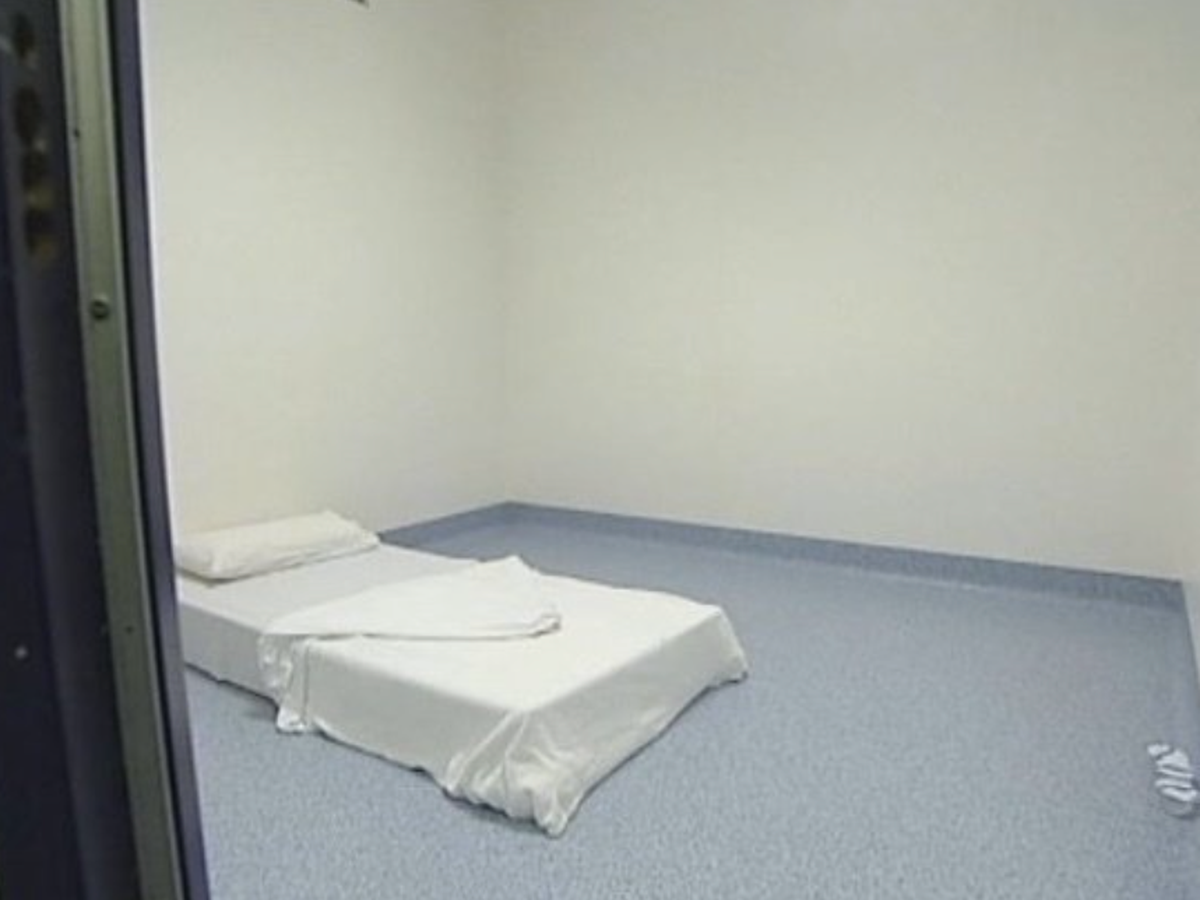Psychiatric treatment is not what people think it is.
I've watched counselors laugh and joke about the extra money they'd make staying after hours while holding down a tear-streaked kid. I've seen an 11-year-old girl shut naked in a room for days at a time and refused the fundamental needs of a human, not to mention the basic needs of a little girl. My fellow peers can still recall how the same girl came into the program with nothing but an anxiety disorder, and the way we were forced to watch as her 11-year-old soul was utterly crushed during her stay in the program. During a nasogastric tube feeding, I pulled out my tube and was physically restrained as a result: the nurse who put the tube back slid it into my trachea and cut off my air flow, but I was unable to show that I was choking (due to the restraints), and the tube was only removed once my face began turning blue.
My experience was one instance of the negative effects of physical restraint. However, psychological restraint is more common and more ongoing and includes preventing a patient from going outside, leaving a room, walking, using the bathroom, or having privacy (in the bathroom, their room, etc). All types of restraints are combined in different situations, making them all the more traumatic.
I've watched staff roll their eyes and treat suffering patients with cold comments, insensitive remarks, and sarcasm when all we ever really needed was just a tiny bit of empathy.
SecondAid IS A START-UP NONPROFIT WORKING TO REFORM THE MENTAL HEALTH INDUSTRY. WE NEED YOUR SUPPORT!!!
FACT: The bodily restraints used in psychiatric hospitals have been known to cause severe injuries, nerve system damage, immobilization, damage to muscle tone, and numerous accidental deaths.
FACT: The EU Committee for the Prevention of Torture released its annual report in 2016, which notes that "[...] practices of restraint should [...] be considered only in emergency situations, but should be prevented by every means possible, including by adapting conditions of care [...]" Despite this, studies show that more than 20% of patients are restrained physically during hospitalization, and 25-47% of these patients develop PTSD as a result.
FACT: The Institute of Forensic Medicine in Munich analyzed all cases of death reported under physical restraint from 1997-2010: 26 cases of death were reported in which the individuals physically were undergoing restraint. There was no observation in any of these instances (which is illegal); the most common cause of death was strangulation (11 cases), in addition to chest compressions (8 cases), or dangling in the head-down position (3 cases); in of the 19 cases, the restraints were incorrectly fastened and/or improvised restraints were used.
Organizer and beneficiary
Anne-Sophie Schmitt
Beneficiary


